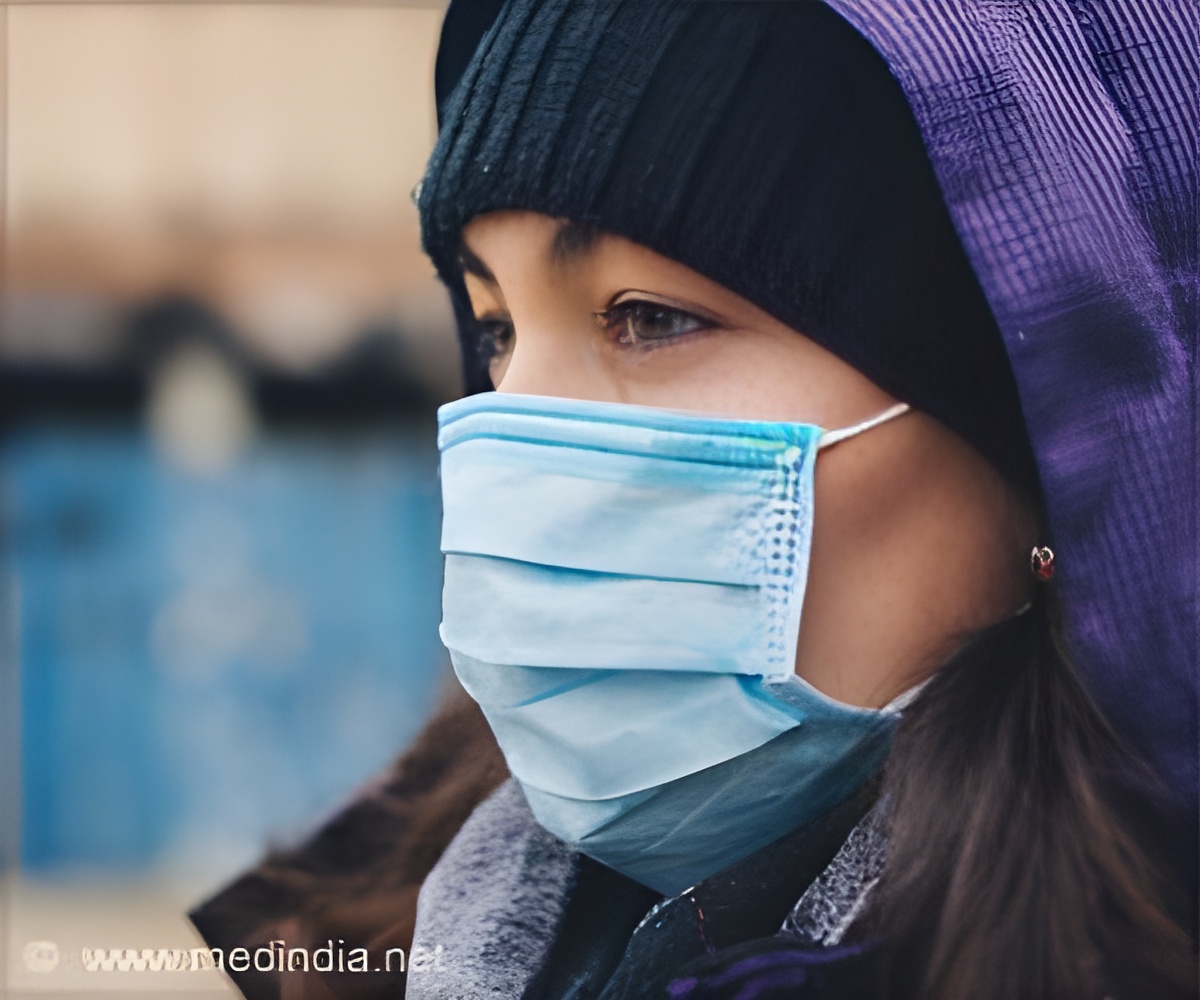Risk of coronavirus-COVID 19 transmissions through tears is low, reports a new study.

‘People need to understand that guarding your eyes as well as your hands and mouth can slow the spread of respiratory viruses like the coronavirus.
’





Today's just-published study offers evidence that it is unlikely that infected patients are shedding virus through their tears, with one important caveat. None of the patients in the study had conjunctivitis, also known as pink eye. However, health officials believe the pink eye develops in just 1 percent to 3 percent of people with coronavirus. The study's authors conclude that their findings, coupled with the low incidence of the pink eye among infected patients, suggests that the risk of virus transmission through tears is low. To conduct the study, Ivan Seah, MBBS, and his colleagues at the National University Hospital in Singapore collected tear samples from 17 patients with COVID-19 from the time they showed symptoms until they recovered about 20 days later. Neither viral culture nor reverse transcription-polymerase chain reaction (RT-PCR) detected the virus in their tears throughout the two-week course of the disease.
Dr. Seah also took samples from the back of the nose and throat during the same time period. While the patients' tears were clear of the virus, their noses and throats were teeming with COVID-19. Dr. Seah said he hopes their work helps to guide more research into preventing virus transmission through more significant routes, such as droplets and fecal-oral spread.
Despite this reassuring news, it's important for people to understand that guarding your eyes -- as well as your hands and mouth -- can slow the spread of respiratory viruses like the coronavirus.
Here's why:
Advertisement
- When a sick person coughs or talks, virus particles can spray from their mouth or nose into another person's face. You're most likely to inhale these droplets through your mouth or nose, but they can also enter through your eyes.
- You can also become infected by touching something that has the virus on it like a table or doorknob and then touching your eyes. Find other ways you can help protect yourself and others on the Academy's EyeSmart website.
Source-Eurekalert















